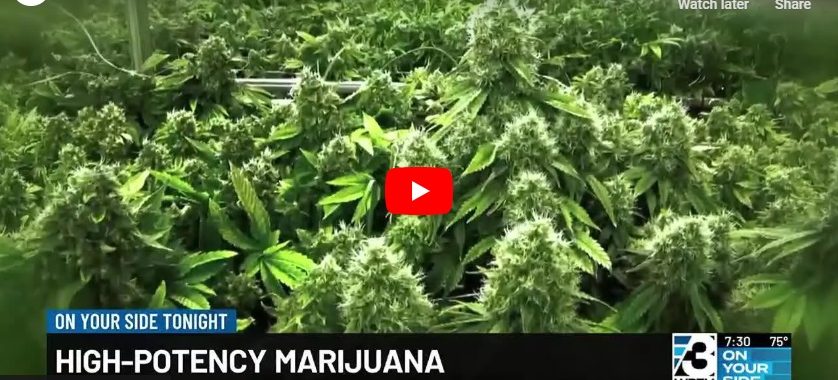Group Raises Nearly $1M to Put Marijuana on the Ballot in Arkansas

The group promoting marijuana in Arkansas has raised nearly $1 million their amendment campaign this year, according to reports filed with the Arkansas Ethics Commission.
Arkansans for Patient Access has until July 5 to collect 90,704 petition signatures to place the marijuana amendment on the ballot. In April the group raised $238,000 for its effort — bringing its grand total funding to $976,515.
The marijuana campaign spent more than a quarter-million dollars last month — primarily on petition canvassing.
Most of the campaign’s funding has come from marijuana businesses that would be guaranteed a monopoly if the amendment passes.
Among other things, the amendment fails to limit the amount of THC that marijuana and marijuana products can contain.
Marijuana users would no longer need to show they suffer from a specific medical condition listed in state law — making it easier for people to use marijuana recreationally.
The amendment lets people grow and use marijuana at home, and it would openly legalize marijuana in Arkansas if federal laws against marijuana are repealed.
The measure also repeals significant restrictions on marijuana advertising in Arkansas.
All of this would lead to more marijuana in Arkansas.
Arkansas voters rejected marijuana legalization at the ballot box in 2022. That amendment was opposed by a broad coalition of churches, business groups, elected officials, and citizens who knew that marijuana would be bad for Arkansas. We anticipate similar opposition to the 2024 marijuana amendment.
Articles appearing on this website are written with the aid of Family Council’s researchers and writers.



